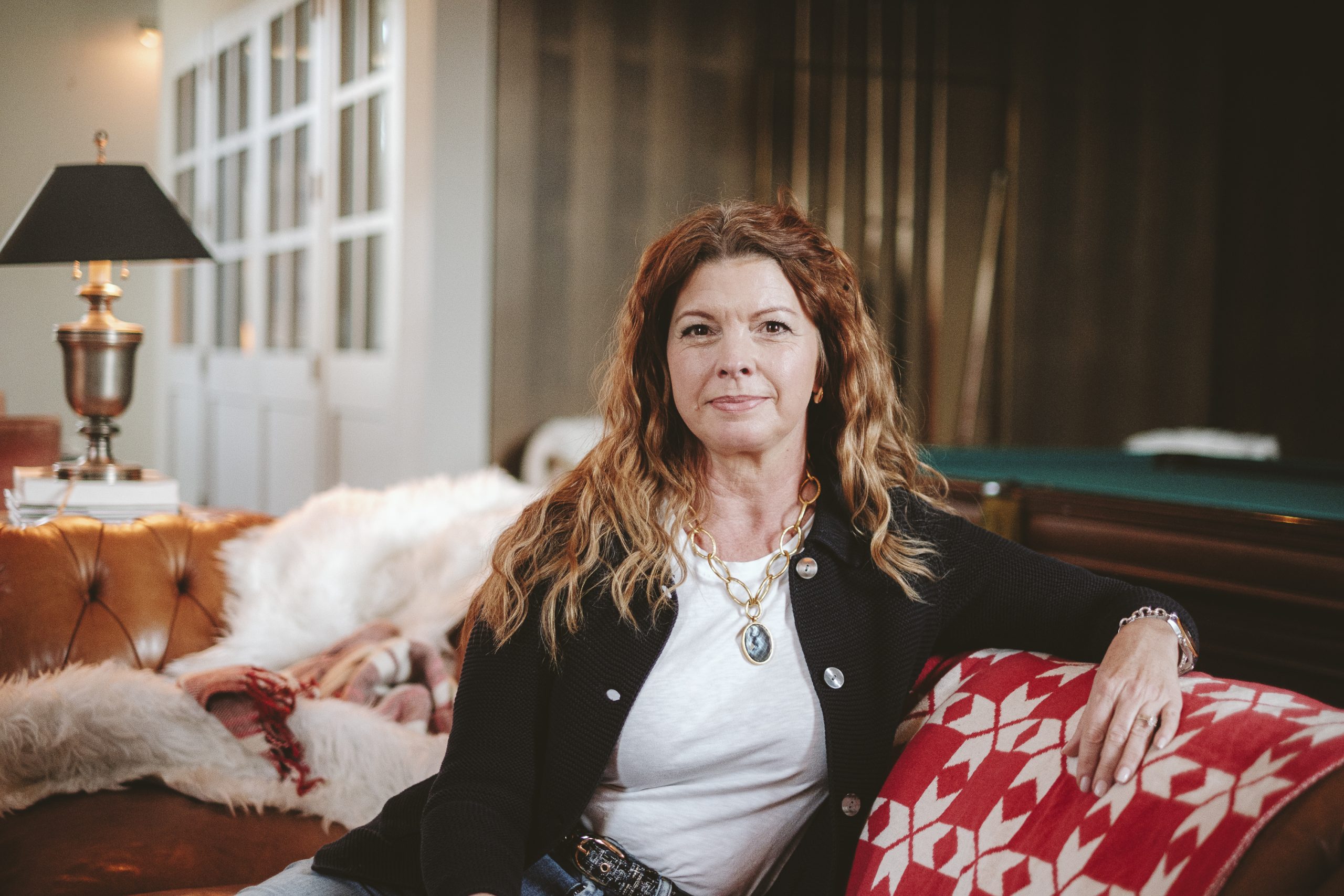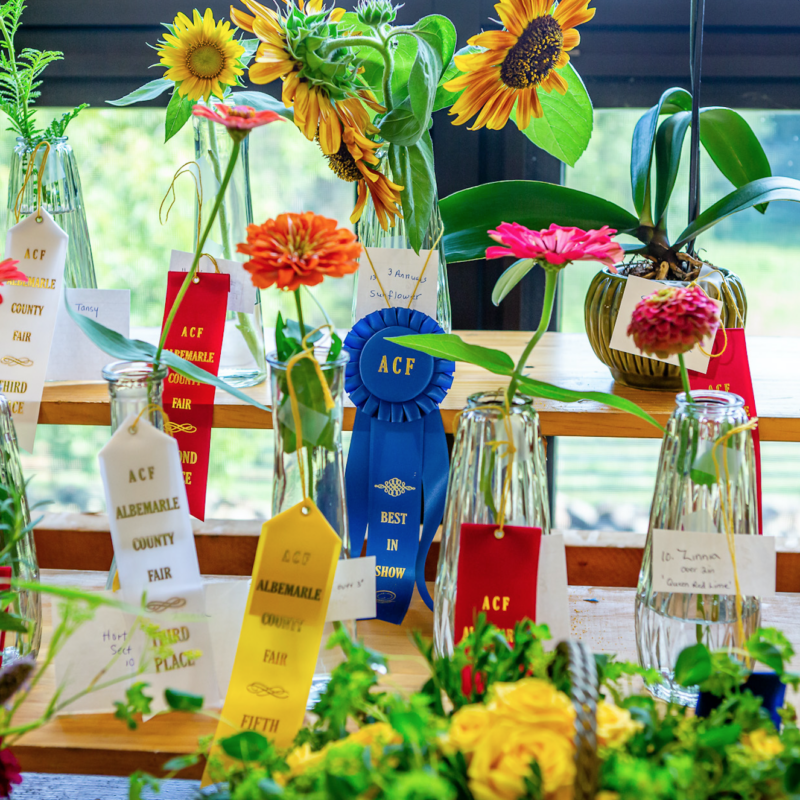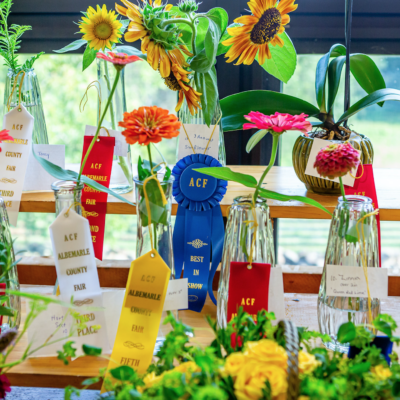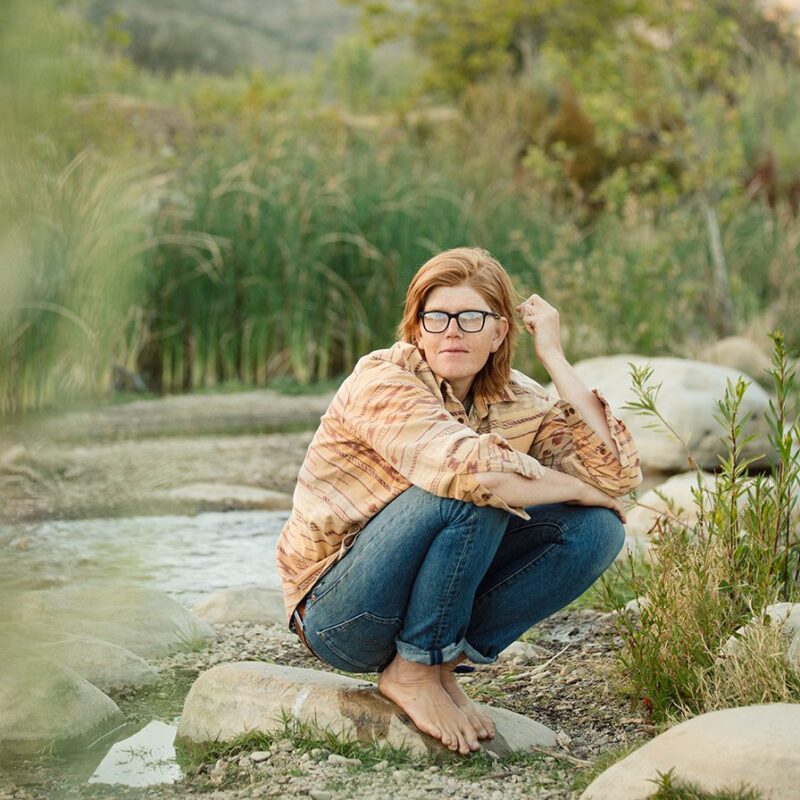Renee Branson considered herself a resilient person. She suffered a sexual assault in her late teens but soldiered on. She earned a bachelor’s degree at Ohio State University and a master’s in counseling psychology at the University of Colorado Denver. She built an outwardly happy home life and went into business helping others overcome their own adversity.
But things began to slip. Branson’s first marriage failed. She was inwardly unhappy. Finally, decades after her initial trauma, she realized she was the wrong kind of resilient. She was practicing what she calls “Rocky resilience” in her new book, Resilience Renegade.
“I was operating from this place of constantly living with my boxing gloves on. It was self-sabotaging,” Branson says. “I realized there was a different way to operate.”
Branson, who grew up in Ohio but has lived and worked in Charlottesville for the past 14 years, discovered what she now calls “renegade resilience.” Unlike Rocky resilience, renegade resilience is the ability to pick your battles and avoid situations where you’re forced to repeatedly overcome trauma. It’s the ability to listen to your needs and stand up for them. It’s being proactive rather than reactive.
Branson isn’t the only therapist or researcher thinking about resilience. While the concept traditionally falls under the umbrella of psychological constructs like “emotional regulation” and “cognitive flexibility,” and has taken a backseat to buzzword attributes like “grit,” resilience is having its moment. Since the COVID-19 pandemic, more and more people are thinking about the ways we bounce back from trauma. And in November, the peer-reviewed journal American Psychologist published a special issue on the topic, “Rethinking Resilience and Posttraumatic Growth,” that “aims to provide a foundation for a new generation of resilience … research.”
Among other things, the journal’s special issue takes on the definition of the term resilience, examining it in the context of community support, systemic societal issues, and the way it’s been studied for decades.
“The general advice I would offer anyone who is thinking about resilience, self control, or other psychological processes is to try to avoid the fundamental attribution error,” says Benjamin Converse, an associate professor of public policy and psychology at the University of Virginia. “That is, we have a general tendency to try to explain people’s behavior by appealing to personality while neglecting the power of social situations.”
Understanding resilience
According to Stefanie Sequeira, an assistant professor of psychology at UVA, people tend to observe others who bounce back from tragedy and think of them as being intrinsically resilient.
“Resilience is this process of adapting well when we are facing adversity—health problems, natural disasters, relationship problems,” Sequeira says. “Adapting requires flexibility, but that is a skill we can develop. Resilience is not a personality trait.”
Thinking of resilience as something we’re born with can actually do us harm, Sequeira says. The mindset might make people decide they are incapable of adapting to hardship and thriving, or that resilient folks don’t feel things deeply. Sequeira says being resilient doesn’t mean you don’t experience negative emotions. Indeed, experiencing sadness is critical for resilience.
In the introductory article to the recent special issue of American Psychologist, the editors likewise call resilience “the ability to adapt successfully to adverse events.” The guest editors go on to say that resilience springs from two sources: both the psychological and social resources within individuals and communities.
Bethany Teachman, the UVA psych department’s director of clinical training, says that part of the conversation today is recognizing that individual actors are often less important than the systems making things difficult for them. In other words, clinicians never put the onus on their patients to solve all their problems or be resilient on their own. “We want to say, ‘you are trying to navigate the system you are in,’ as opposed to saying, ‘this a weakness in you that you are struggling with,’” Teachman says.
According to Teachman, current events like the COVID pandemic, global wars, and the recent U.S. election make overcoming adversity as ubiquitous as ever in clinical psychology. At the end of the day, clinicians help people navigate the hard things in life, and resilience is key for overcoming challenging emotions, relationships, and situations.
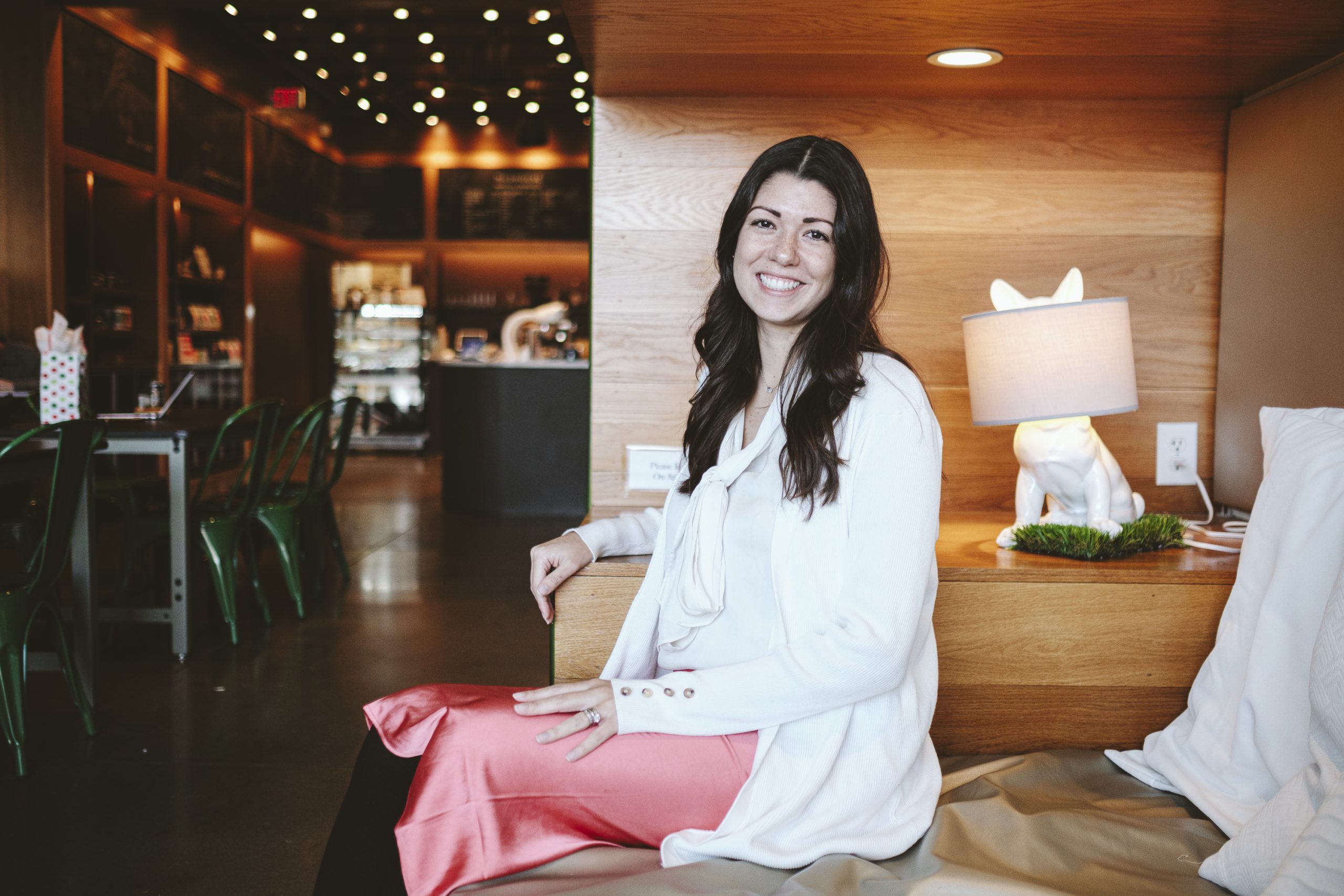
Enhancing resilience
If resilience is a systemic phenomenon, anyone—from young people to adults—can grow their resilience. For parents, that might mean giving children the “right scaffolding to work through problems,” Teachman says. At the same time, an overprotective environment can hinder resilience development.
Adults who may have failed to develop the social systems necessary to enhance resilience aren’t stuck. Teachman offers several approaches, such as practicing mindfulness during hard times: gain control of your attention, be aware of what you are focusing on, and recognize that you can change your focus rather than being reactive. “That leads people to develop the acceptance they need,” Teachman says.
Clinicians often use motivational interviewing to overcome trauma. If patients feel unsure about whether or how to make a change, the clinician’s job is to help them recognize their desires, abilities, reasons, and needs. (Teachman suggests remembering the acronym DARN.) Through motivational interviewing, individuals facing adversity can find that they want to make a change and have the ability to make a change, why they should change, and the support they require to make it all happen.
Resilience can also be built on what Teachman calls “behavioral activation,” or recognizing that you are overwhelmed, taking small steps to re-engage, and finding pleasure in small rewards. Cognitive reappraisal is another technique. Say you want to be resilient after being fired from your job. The resilient person focuses on taking action on the opportunity, rather than dwelling on why the hardship happened.
“You want to look at the ways you are withdrawing from a situation or avoiding it and re-engage, even if it is a small step,” Teachman says. “It could be as simple as calling a friend.”
Still, it’s difficult to tell yourself simply to change the way you feel, Sequeira says. Folks suffering from anxiety can’t just stop being anxious. Clinicians must therefore find ways to help their patients embrace change, notice “thinking traps,” and avoid catastrophizing. “It can be helpful to think about times you have felt like this before and how you bounced back” from adversity, Sequeira says.
Branson suggests considering what is physically happening to your body in times of stress. If you’re having a difficult interaction with a colleague or loved one, tell yourself that your cortisol levels are high and you can do things to lower them—practice a slow breathing technique, step away from the immediate conversation, or simply take a walk.
Community resilience
Like individuals, communities can be resilient. So, how do you know if you live in a resilient community? Branson says she sees evidence of Charlottesville’s resilience, but she also sees room for improvement. “We could be more brave and more proactive versus reactive,” she says.
Branson has transitioned from a traditional therapy practice to working with law firms and other organizations, including nonprofits, in recent years. In her work, she’s found people throughout the C’ville community who provide the services needed to help people be resilient.
But as it is for individuals, resilience is not a have-it-or-don’t-have-it phenomenon in communities, Branson says. It lies on a continuum.
“One of the things I say in my book is that resilience has several levers,” she says. “We might have times when one lever for resilience is low. For me, after the election, my ability to self-soothe was low. So I am trying to push up the lever on that while also building connections.”
Sequeira points out that research shows loneliness is detrimental to our health, and people are struggling with isolation now more than ever due to remote work and social media. To be more resilient, she says we have to “make social connections, develop relationships, find other people in the community that share the same values as you.” Community groups can not only be a source of support, but they can also give one a sense of purpose.
Parents can help guide the social systems needed to build resilience in their children, Sequeira says. Resilience keys for young people include sticking to a routine, having a sense of control, and meeting small, achievable goals—not to mention sound nutrition, hydration, and sleep.
“Teens want control, they want agency,” Sequeira says. “They are supposed to be departing from their parents and want to feel like they have some control over their environment. So for example, instead of telling teens, ‘you need sleep,’ you might ask them, ‘how are you sleeping and how is that making you feel?’” Taking a break from social media and avoiding behaviors that are “mood congruent,” like listening to sad songs when you’re sad, are also good ideas.
In soliciting articles about resilience, the American Psychologist special issue editors found several recurring themes in the research, including reimagining ways to conceptualize adversity, how we study resilience, and pathways for enhancing resilience. But what emerges most often is how we think about resilience for marginalized communities.
Teachman points out that there are some groups, such as people of color and the LGBTQ+ community, that are repeatedly put into situations where they face adversity and attack. Those people are more likely to develop psychological issues as a result of trauma, according to Teachman, but they are also among the most likely to develop resilience.
“I think it is a really important group to highlight,” she says. “There are costs to being resilient all the time. We can’t just teach people how to cope and think that will solve all their problems.”
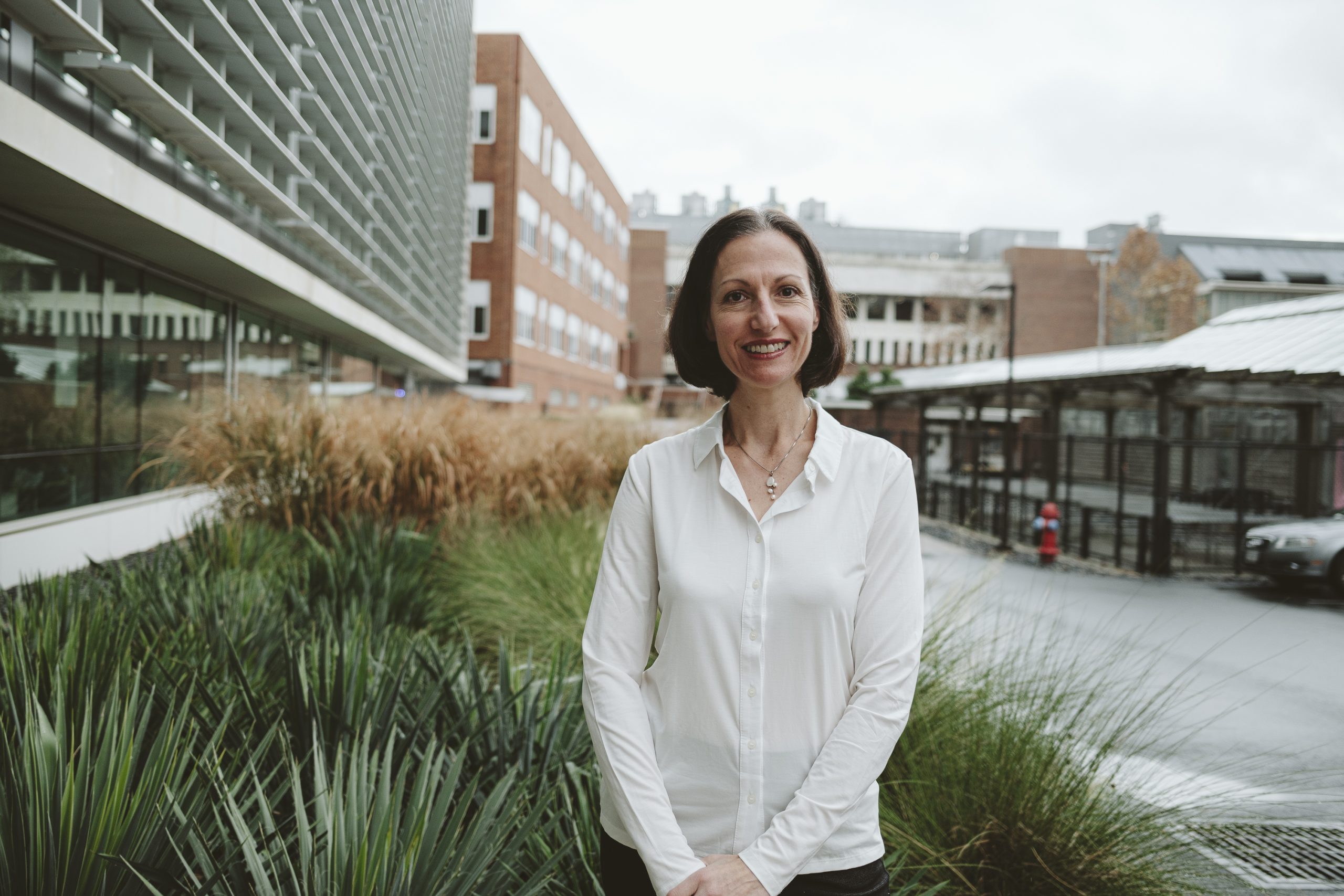
Rethinking resilience
Can a person have too much resilience? Like so many things in clinical psychology, the answer depends on term definition. “You cannot overdose on resilience, but there might be times when you see yourself as a highly resilient person, and that can get in the way,” Sequeira says.
Some of the clients Sequeira has worked with say they feel invalidated by the word resilience. It sounds like an individual-level skill, and they’re turned off by the idea that they just have to cope with all the bad things in their lives.
For her part, Branson doesn’t completely discount Rocky resilience, the ability to take punches and stagger back up. We need Rocky resilience. But for folks in marginalized communities, being resilient becomes too heavy a burden after so many knockdowns.
Renegade resilience, on the other hand, is a long-term solution.
“We have to put ourselves first and nurture our own needs,” Branson says. “When it really started resonating with me, both in my own life as a survivor and working with other survivors, was when I realized resilience is what sustains us.”
So often, we feel like life is about getting past whatever is plaguing us. Maybe it is a severe trauma, or maybe it’s just that ever-present feeling that “as soon as I get through this week, things will slow down.” Branson says that’s no way to live.
Think about the way the heart works, she suggests. Your heart relies on valves to keep certain things in and other things out. In the world of renegade resilience, those valves are “boundaries and vulnerability.” Our boundaries tell the world what is and what is not okay. Our vulnerability allows us to stay open to social connections and be our authentic selves.
“Renegade resilience is something that we don’t have to wait for; it is something we can start to practice now,” Branson says. “We don’t jump out of a plane, then make sure our parachute is buckled up. Prioritizing ourselves is one of the most generous things we can do.”
